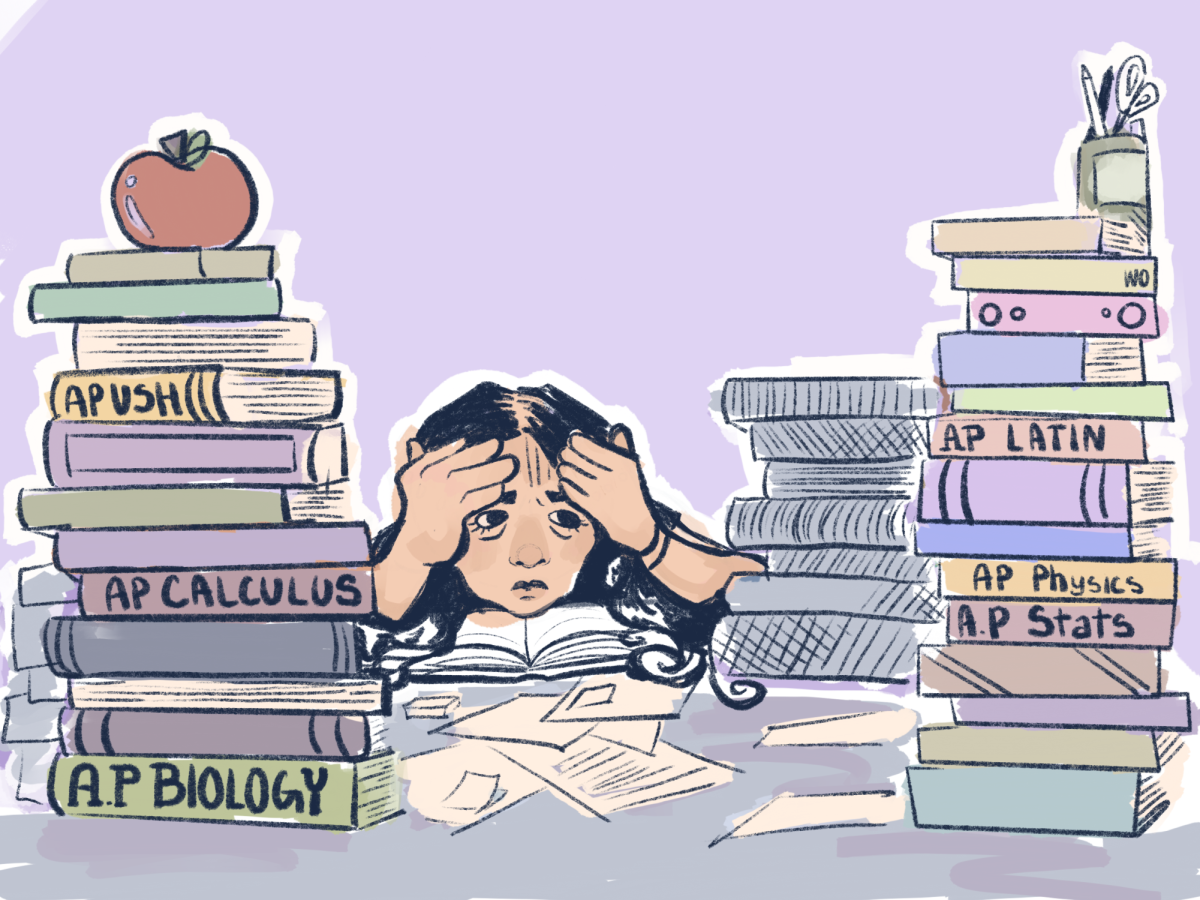Is poverty really a problem for Blake students? I’m writing this article to say that the Blake community needs to focus on the issue of poverty.
First, some background as to why I feel so strongly about this issue. For over four years, I have lived under the poverty line.
It all began after my mother took my two little sisters and myself and fled from my abusive father. We started off living at my grandmother’s house, then a one bedroom apartment, and now a three bedroom apartment. After my dad committed suicide, we were saddled with his debts. We have yet to rise above $23,050 household income, which is the poverty line in Minnesota.
I don’t think that anyone would say that poverty isn’t an issue, per se, but is the Blake school community aware of just what an issue it is? Someone said in an assembly this year that they didn’t even know “. . . this level of poverty exists in the US.” The fact that people can be unaware this issue exists is scary.
Until recently, I didn’t question how often Blake talked about poverty. When I did start to pay attention, I noticed a disturbing lack of conversation going on.
As a community, we talk about poverty as a historical problem, or when it’s in third world countries, but rarely when its in Minnesota. When around 70% of the students here are in the upper-middle/upper class range, I feel that this issue is taboo. But when, according to a survey I sent out, at least five students at Blake live under the poverty line, that becomes a problem.
To see what others thought, I attempted to do a series of man-on-the-street interviews, but I mostly got uneasy stares and a refusal to answer. I was disturbed by the lack of willingness to talk about poverty, so I used the survey I sent out to try and get some better results.
When the survey came back, I was surprised that some people answered that they didn’t think poverty existed at Blake, or even in Minnesota at all. Even though those responses were the minority, the fact that they were there at all disturbs me.
There are over 500,000 people living in poverty in Minnesota right now. I am hurt by the fact that there are people unaware of the problems facing me right now.
When you barely have the money to buy simple things like socks and milk, the scope of the issue becomes so much larger. Poverty isn’t just begging on the street either.
My family simply can’t afford much of anything extra. We eat at home instead of going out, and go camping instead of going on vacations. Many other families’ situations are worse, such as having to sleep in their car or survive purely off of food from local food shelves.
The whole reason that I feel this strongly is that there are so many privileges that many Blake students get that I and many others don’t. It hurts me when I hear people complaining about their parents not buying them the new iPhone, even though they have a the previous generation, or that they want that new car. I don’t think that there is anything purposefully cruel behind it, but it still has that effect.
I can remember that very recently I was ecstatic at the thought of having a full refrigerator for the first time in a month because we couldn’t afford groceries. It’s not a bad thing to want a new car, or a new iPhone, but a certain amount of recognition of privilege goes into that.
Before I fell under the poverty line, I didn’t recognize just how lucky I was to have an iPod. I can recognize now that I am so lucky to have one of my own, and I want the rest of the Blake community to make sure they know that. Accepting what you have can be hard, but when complaining about it becomes hurtful it becomes a problem.
I’m not trying to call out any specific person or group. As Caroline Uphus ‘15 said, “I know a lot of people talk about how privileged they are, and how many opportunities they have”, and I know that people do recognize it. There are many Blake families and students that do take action to pay their wealth forward. It’s time to take that recognition one step further. Blake has tackled issues facing minorities such as LGBT people and students of color by opening up discussions and starting affinity groups. These same measures can work for poverty, so that if I ask someone about poverty, they will be willing to answer.
Categories:
Living under the poverty line at Blake
Abby Smith, Staff Writer
December 21, 2012
0




